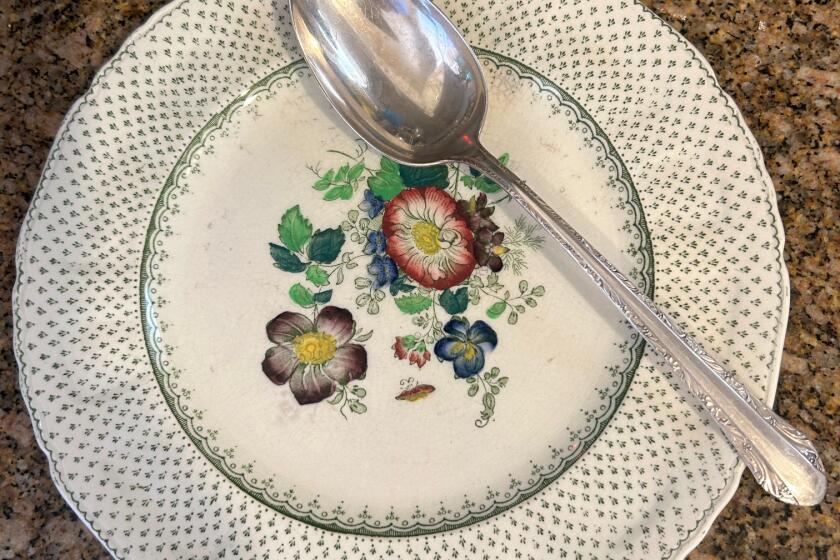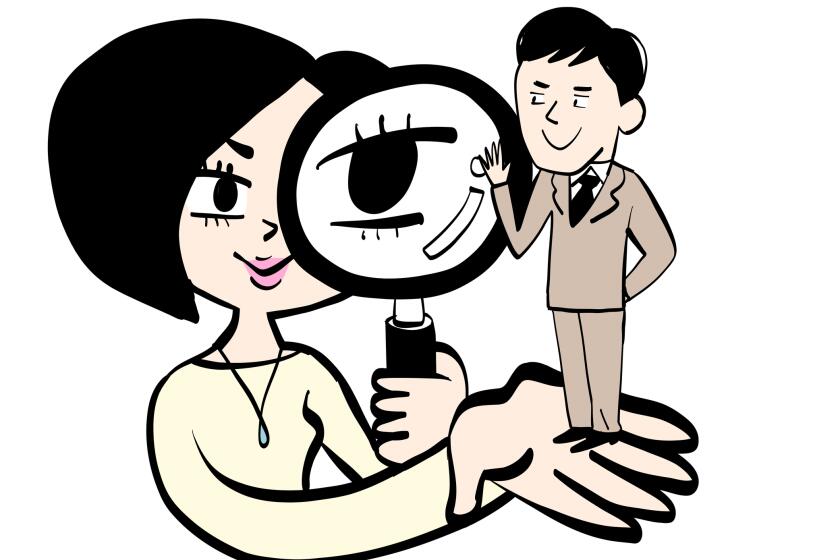Let Inga Tell You: A trip back to the early 1950s
April 12, 2015 will be the 60th anniversary of the announcement of the Salk vaccine’s ability to prevent polio. Had it been available at your local CVS like flu shots are today, they would have had to call out the National Guard to handle the stampede.
In the early 1950s, there was no diagnosis more terrifying to parents than polio. In the 1952 epidemic, nearly 58,000 cases were reported, 3,145 people died and 21,269 were left with varying degrees of paralysis. There wasn’t a parent in America who would have requested a “personal belief waiver” to exempt their child from that shot.
In truly unlucky timing, mere months before the vaccine became available in my community that fall, my siblings and I contracted polio during a trip to the family homestead in rural Ohio. (Likely cause: swimming in a contaminated creek with polio cases upstream.)
As with all such cases at the time, we kids were immediately quarantined. Reading about the cases of people who suffered a similar fate after Ebola exposure a few months ago, I had a sudden flashback to the summer of 1955. It is so not fun being the local pariahs.
Oddly enough, my parents weren’t quarantined, although my mother might as well have been. Her “help wanted” ad would have read today like: “Sitter for three kids recovering from Ebola. Probably not still contagious?”
Polio aside, in my childhood, there was no hope of avoiding measles, mumps, chicken pox and rubella (German measles) — miserable afflictions that I would never have wanted to inflict on my kids. (All but chicken pox had vaccines by the time they were born.)
There could also be serious lasting repercussions to these illnesses: the pregnant neighbor who contracted rubella, (German measles) whose baby was born with severe birth defects; cases of deafness following mumps; encephalitis from measles. The curvature in my spine (and decades of back pain that has gone with it) is likely from polio.
When rubella came around again, my mother sent me to the home of a friend who had it to be sure I’d contracted it well before my childbearing years.
During our polio episode, my father was allowed to commute into the city to his job as an ad man on the GE-sponsored Fred Waring Show, one of the first musical-variety shows on television. In later years, dad would regale us with stories of live ads that went totally wrong: opening the freezer of the Mr. Frosty refrigerator to demonstrate how cold it kept the ice cubes only to find that the hot studio lights had melted them. Or the time that someone stole the GE iron right before show time and the single store open on a Sunday afternoon only had a Westinghouse model — which, in desperation, they used.
Having an ad man dad in the 1950s and ’60s, it’s not surprising that “Mad Men” (Madison Avenue Ad Men) is some of my favorite TV viewing. A friend and I were at Happy Hour at Beaumont’s a few months ago talking about the show and how shocking it now looks to see pregnant women smoking and knocking back martinis — acceptable behaviors of the 1960s. We also reflected, however, that back when we were pregnant, our OBs allowed a glass of wine per night for their pregnant patients on the theory that stress hormones weren’t good for the baby. Now, of course, a single glass of wine during the course of a pregnancy will get social services at your door.
Earlier in the evening, we’d also been discussing the genuinely puzzling increase in autism spectrum cases in the last generation. In musings that seemed to make a great deal of sense after two glasses of wine, we observed that from a strictly empirical point of view, there was a lot less autism spectrum when women were allowed to drink and smoke (and consume coffee, lunchmeat, blue cheese, etc.) rather than the incredibly restrictive regimens they’re allowed now. It was suddenly clear to us: Autism spectrum is caused by making pregnant women miserable. OK, so that theory didn’t sound as profound the next morning.
A new generation of young parents have never personally experienced diseases now preventable by vaccines. That’s both the good and the bad news. I guess for some, it’s easier to fear the autism spectrum they actually see.
But I wish every parent who doesn’t vaccinate their child could travel back to a 1950’s polio ward full of kids in iron lungs, or watch children suffer horribly — and sometimes permanently — from now-avoidable afflictions.
I recently read an interview with a woman who said that in lieu of vaccinations, she was feeding her children a totally organic regimen so their immune systems would be able to resist infection. As my parents knew too well, a healthy diet and wishful thinking just aren’t going to do it.




